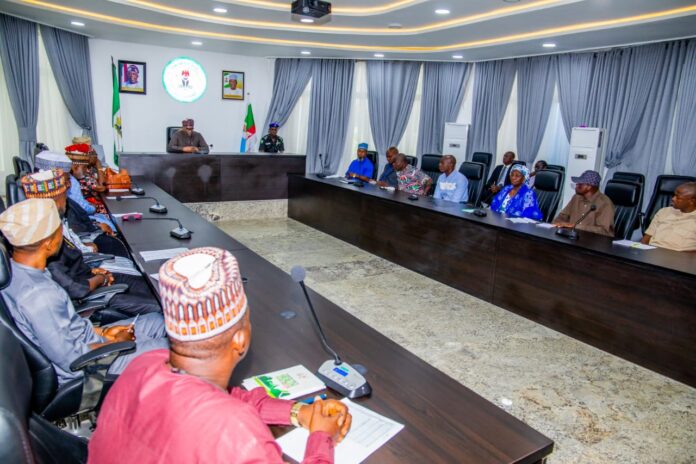The Federal Government of Nigeria has commenced the implementation of a comprehensive plan to introduce buses and tricycles powered by compressed natural gas (CNG).
The initiative aims to reduce reliance on conventional fuels and promote the use of environmentally friendly alternatives.
Starting in Ilorin, the capital of Kwara State, the government has already begun deploying CNG buses and tricycles, with plans to expand the program to other states.
President Bola Tinubu had previously announced the government’s commitment to introducing approximately 2,700 CNG-powered buses and tricycles.

As part of this plan, the Federal Government intends to establish 100 conversion workshops and 60 refueling stations across 18 states by the end of the year, according to reports from Punch.
The launch of the initiative took place in Ilorin, Kwara State, with Governor Abdulrahman Abdulrazak leading the ceremony on Wednesday, May 28.
Bayo Onanuga, the Special Advisor to the President on Information and Strategy, confirmed that the inauguration included the unveiling of CNG buses and tricycles.
The rollout began with a conversion center in Ilorin, marking the initial step in this ambitious project. However, no specific date has been announced for the implementation in Abuja.
Michael Oluwagbemi, the Chief Executive and Program Director of the Presidential Compressed Natural Gas Initiative, expressed optimism about the potential of the Nigerian CNG industry, estimating its worth to exceed $10 billion.
Oluwagbemi anticipates a significant growth rate, projecting a 1,000 percent increase this year and an average year-on-year growth of 100-200 percent over the next five years.
Apart from its environmental advantages, the introduction of CNG vehicles is expected to have a positive impact on food prices and inflation.
By reducing transportation fuel costs, the initiative aims to mitigate food inflation and benefit various economic sectors.
Additionally, the increased demand for gas and job creation in the oil and gas industry are anticipated outcomes of this endeavor, contributing to overall industrialization efforts in Nigeria.
In related news, a Nigerian company recently announced a reduction in cooking gas prices for customers. This move is anticipated to have a positive effect on household expenses and was welcomed by the governor.




